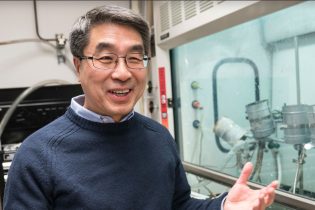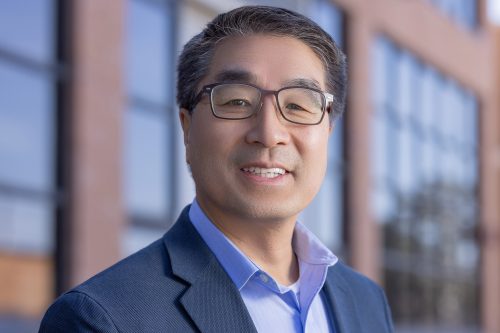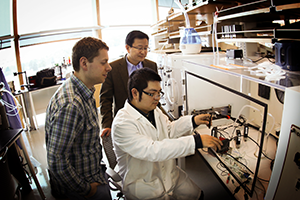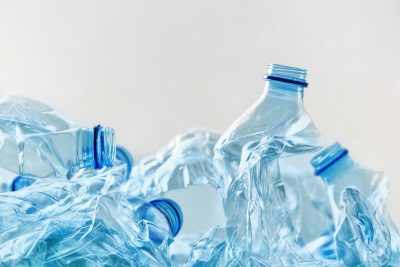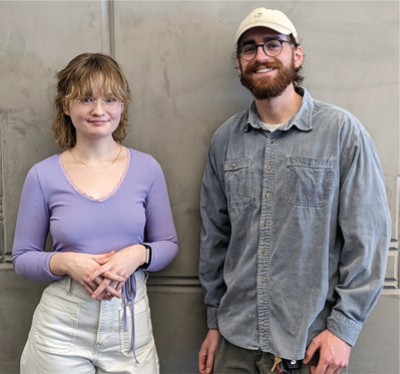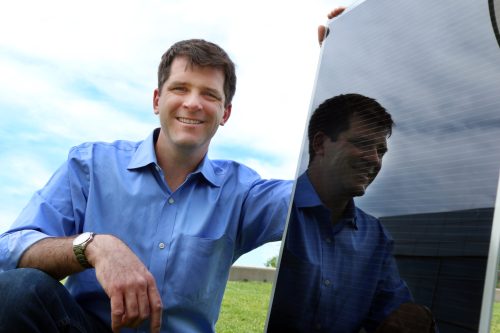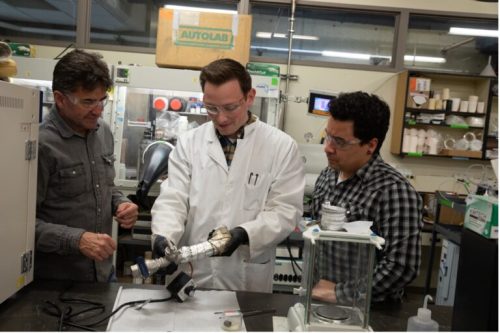Two students, Allison Harward (B.S., Chemical Engineering candidate) and Jon Dromey (B.S., Mechanical Engineering candidate), from Prof. Michael Simpson’s research group each received scholarships worth $10,000 from the U.S. Department of Energy (DOE) Nuclear Leadership program. Harward and Dromey are two of only 92 such scholarships awarded nationwide this year and the only recipients from The University of Utah to receive such honors.
Harward has led experimental work on a project funded by the Idaho National Laboratory to develop means to process radioactive waste salt to support safe interim storage. She has determined a means to great reduce the volume of this waste and the process time compared to the state of the art. Additionally, she had authored or co-authored two journal papers, with a third currently under review. This summer she will be working at Bill Gates’ TerraPower nuclear reactor development company on molten salt reactor-supporting research.
Dromey has been working on an ARPA-E funded project to develop a zone refining process to recover actinides from spent metal fuel. He performs mechanical design and fabrication in addition to system testing to support the ARPA-E project. His work has been instrumental in successful completion of milestones related to building a system that can melt narrow regions of uranium-rich metal rods.
Congratulations to both.

